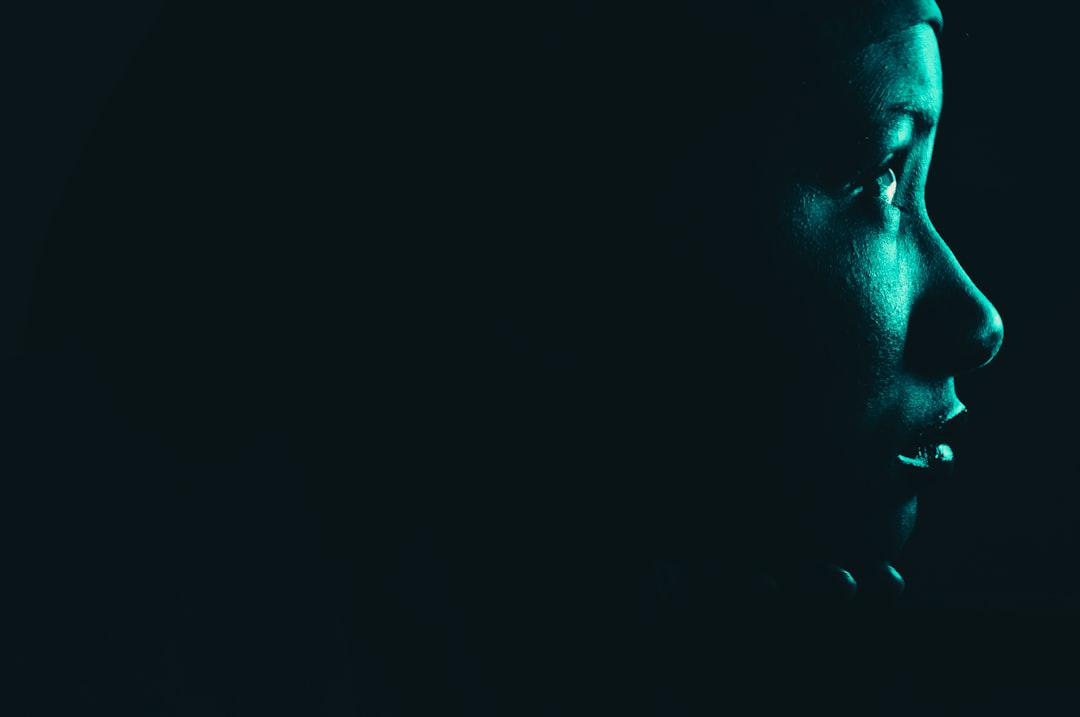Hospitals and the humanity of students

In case you hadn't heard, my Twitter friend Josh Eyler has written a beautiful and practical book called How Humans Learn: The Science and Stories Behind Effective College Teaching:
First of all, I want to encourage all college faculty to read this book. It's unique in how it combines the best of evidence-based instructional practice with a deep respect for the humanity of learners. Some teaching-and-learning books are all about technique and research and miss the human element of learning; others conversely handle the human and emotional side well but are light on the underlying psychology and neuroscience of how the ideas translate into classroom practice. This book gets the balance exactly right, and just like my interactions with Josh over the years, I came away from reading it not only having learned a lot about teaching, but also with a palpable sense of the enormity of what it means to be in charge of a small part of the intellectual development of college learners.
I interviewed Josh about the book and other items back in January before I went into the hospital for heart surgery. I had not actually read his book yet; that didn't happen until after the surgery, while I was still in the hospital. Josh's book is really getting a lot of traction, as it should, and I noticed he's been on the road a lot lately to talk about it. This morning we had a quick Twitter interaction in which I congratulated him:
I read it while I was in the hospital back in February. It deserves to be widely read and taken to heart. (See what I did there?)
— Robert Talbert (@RobertTalbert) May 2, 2019
When I was reading Josh's book in the hospital, it was two days after my surgery. I had brought with me to the hospital my Kindle, the paper copy of Josh's book, and my phone along with some personal items. I had intended to do a lot of reading, which I did – but what I didn't realize was how hard reading was going to be so soon after surgery. My body was worn out from the strain of the multiple-hour open-heart procedure, and I was on a constant infusion of major-league painkillers. The painkillers, obviously, had an effect on my brain functioning; I remember having to stop and re-read paragraphs in Josh's book multiple times just in order for the symbols on the page to resolve themselves into words and then process those words into meaning. It was work.
Then twice a day, a nurse or physical therapist would come by the room, help me get out of bed – because when your sternum has been split in half and your chest cracked open, it turns out you can't just hop out of bed a few days later – and take me for a walk. By "walk", I mean a slow walk, one foot at a time, of about 100 feet around the perimeter of the seventh floor of the heart hospital, while being attached to the nurse or PT person by a strap so they can catch me if I fall, and using a walker. I needed the strap and the walker, too, because standing up and walking would spike my heart rate and make me dizzy. This, too, was exhausting work. And for someone who just a year prior was doing 5K races and Spin classes, it was extraordinarily humbling work.
Thinking back this morning about the context in which I read Josh's book, it seemed to me that being laid up and basically helpless in the hospital was the perfect situation in which to think about the fundamental nature of teaching and learning.
As faculty, it is terribly easy to forget about the humanity of students. We can all come to objectify students and treat them as nuisances. Students aren't prepared enough. They don't do their reading. They're entitled snowflakes. They have no work ethic and act like customers. My job would be a lot easier without them! Or, possibly even worse, we can come to treat students as pure abstractions, just lines of a spreadsheet or faces in an audience, with no backstory and no personal stake in what's happening. We come in (or go online), teach our classes cheerfully, and never connect with students – forgetting that teaching and learning is a fundamentally human-to-human undertaking, and not realizing that failing to connect is failing to teach.
In reality, college students are a lot more like I was, while I was in the hospital. They have survived a process and are mostly willing to get better, but it's work – long-term arduous work that requires not only effort on their part, but more importantly assistance and guidance on our part. When I was in the hospital, as I said, I couldn't walk 100 feet at 1 mph unassisted. It was not because I lacked the work ethic or was "unprepared", and if I had merely exerted more effort, I probably would just fail worse. Instead what I needed was guidance in the form of doctors, nurses, and physical therapists who could, with great skill and patience, create a structure around me inside of which I could focus that effort and eventually get better.
Every patient in that hospital also had a story. For example, I was the college professor who one day started passing out while running on the treadmill, and I got a valve replacement so that I could go back to an active lifestyle. (And the only patient on the floor who watched Premier League soccer.) The person down the hall was a grandfather who was in for heart bypass surgery and a lung transplant was going to be there for a while. Another was suffering from depression in addition to recovering from heart surgery and was refusing to do her walks or breathing exercises because she just wanted to die. Each of us in that unit had backstory and a vision of our futures, with the hospital and our treatment as a critical juncture.
Do we always remember that students are like this as well? They are human beings in a particular stage of intellectual development. They cannot be lumped together as a single mass. Teaching them is an enormous responsibility, and each student needs personal attention to know exactly how we can help them get from "before" to "after". We can talk and write about this pedagogical technique or another as much as we want, but at the end of the day there is no "technique" for teaching – only patience, skill, and attention focused on the unique stories of individual students.
And at the center of this kind of practice is a radical humility that has to be in place inside every instructor. You simply cannot focus on students when you are full of yourself. Hospitals are good places to learn humility. I am grateful that the early days of recovery from surgery for me were like a school for humility – you simply can't do what you want to do, and instead you have to subordinate yourself to the needs (or doctor's orders) of someone else.
So I hope that those of us teaching in the summer, and the rest of us who will be thinking about Fall semester soon enough, can take these ideas to heart (haha!) and come into our next round of classes as we should: ready to respect the unique humanity of students and work with them to get them ready for the rest of their lives. It's an enormous responsibility and an amazing privilege.


